How to Find an Anxiety Therapist
Everyone feels anxiety so it might seem like any therapist should be able to help you with it. But anxiety is a counter-intuitive problem. Many common tips or strategies for anxiety can actually make it worse.
To get effective help for anxiety, you need to work with a specialist. An anxiety specialist will understand the nuances of your struggle and have extensive training on how to help you.
Tips to Find a Therapist for Anxiety
Check their license
An anxiety therapist should be licensed or under the supervision of a licensed therapist. Therapist credentials include psychologist, licensed marriage and family therapist (LMFT), licensed clinical social worker (LCSW), licensed professional clinical counselor (LPCC), or psychiatrist.
Check their training and affiliations
An anxiety therapist should have training in Cognitive Behavioral Therapy (CBT), exposure therapy, and mindfulness techniques. These kinds of therapies and interventions have shown the most success in treating anxiety.
They may also have training in other types of therapy that are effective with anxiety, such as Acceptance and Commitment Therapy (ACT), Metacognitive therapy (MCT), and Mindful Self-Compassion (MSC).
Anxiety therapists are often affiliated with professional associations so they can stay up to date on the best ways to help their clients. Some of these organizations include the Anxiety and Depression Association of America (ADAA), the Association for Behavioral and Cognitive Therapies (ABCT), and the Association for Contextual Behavioral Science (ACBS). This list is not exhaustive but is a good place to start in understanding your therapist's background and training.
Ask about their style and plan to help you
A true anxiety specialist will know it's impossible to get rid of your anxiety completely. Anyone who tells you they can help you eliminate your anxiety doesn't know how to help you. Anxiety is a natural feeling we all feel, like sadness. Just like we can't eliminate sadness, we can't remove all your anxiety. But we can help you learn coping tools to develop a healthy relationship with your anxiety so you can enjoy your life.
If a therapist is primarily telling you to use deep breathing or relaxation techniques to get rid of anxiety with no plans to help you face your fears, they are actually reinforcing your anxiety. If you rely solely on these techniques, they are just another way to escape your anxiety. This only makes it worse in the long run because avoidance reinforces fear.
Similarly, if all you do is talk about your worry without concrete action steps for you to take outside the therapy room, the therapy will give you temporary relief but will only be feeding right back into your anxiety. An effective anxiety therapist will teach you specific strategies to break out of the cycle. They will also give you homework to practice between sessions so you learn how to handle your current stressors and any future challenges.
Ask about their experience with treating anxiety
Therapy for anxiety can look very similar even if your specific triggers are different. Therapy for social anxiety will be a lot like therapy for a fear of flying. But the specific strategies used for different kinds of anxiety are tools a therapist builds over time through experience. If a therapist has treated your specific anxiety, they probably have more knowledge and creative ideas for how to help you. If they haven't treated your specific kind of anxiety, ask them how they would apply their knowledge to your situation. This can help you determine if they could successfully adapt to your unique struggles.
Ask the people you know
If you type “anxiety therapist near me,” into Google, you’ll see a long list of providers. You might get overwhelmed by your options. Your doctors like your PCP or your friends are the best first source to start looking for a therapist. If someone you know has worked with an anxiety therapist and they've successfully helped them or their patients, that's a great sign.
Use directories to search for anxiety specialists
There are many directories you can use to search for an anxiety therapist. Some directories include the Anxiety and Depression Association (ADAA), the Association for Behavioral and Cognitive Therapies (ABCT), Inclusive Therapists, Psychology Today, and Therapy Den. You can filter by specialty or area treated on these websites. Look at all the specialties a provider lists. Many therapists say they treat anxiety but haven't gotten the specialized training they need to truly help you. If a provider lists so many specialties it seems like they treat everything, they may not actually specialize in anxiety but just have general talk therapy knowledge. Just like you’d go to a dermatologist for a skin problem, you want to work with someone who has expertise in your specific struggle. Take note of their specialties and if their profile sounds like they understand your struggles.
Consider the format that you'd prefer for therapy
You may want to see someone over video because you feel more comfortable at home or want to do group therapy because you feel more supported in a group. Talk to any potential therapist about the format of therapy sessions to find the right fit for you.
Trust your gut
Finding a therapist is like dating. You might try a few therapists out before you find the right fit. Research supports that the biggest factor in therapy being successful is your relationship with the therapist. If you don’t feel understood or that the therapy is helping, listen to that instinct. When you find the right therapist, you will feel a connection with that person and you will see actual results in your own life. If that’s not happening, give yourself permission to move on and try someone new.
Work with an Anxiety Specialist in Los Angeles or Virtually Across California
I specialize in helping people learn to manage and overcome their anxiety. I have training in Cognitive Behavioral Therapy (CBT), Acceptance and Commitment Therapy (CBT), exposure therapy, and other effective methods to address anxiety. If you’d like to work with me or see if we’d be a good fit, contact me.


